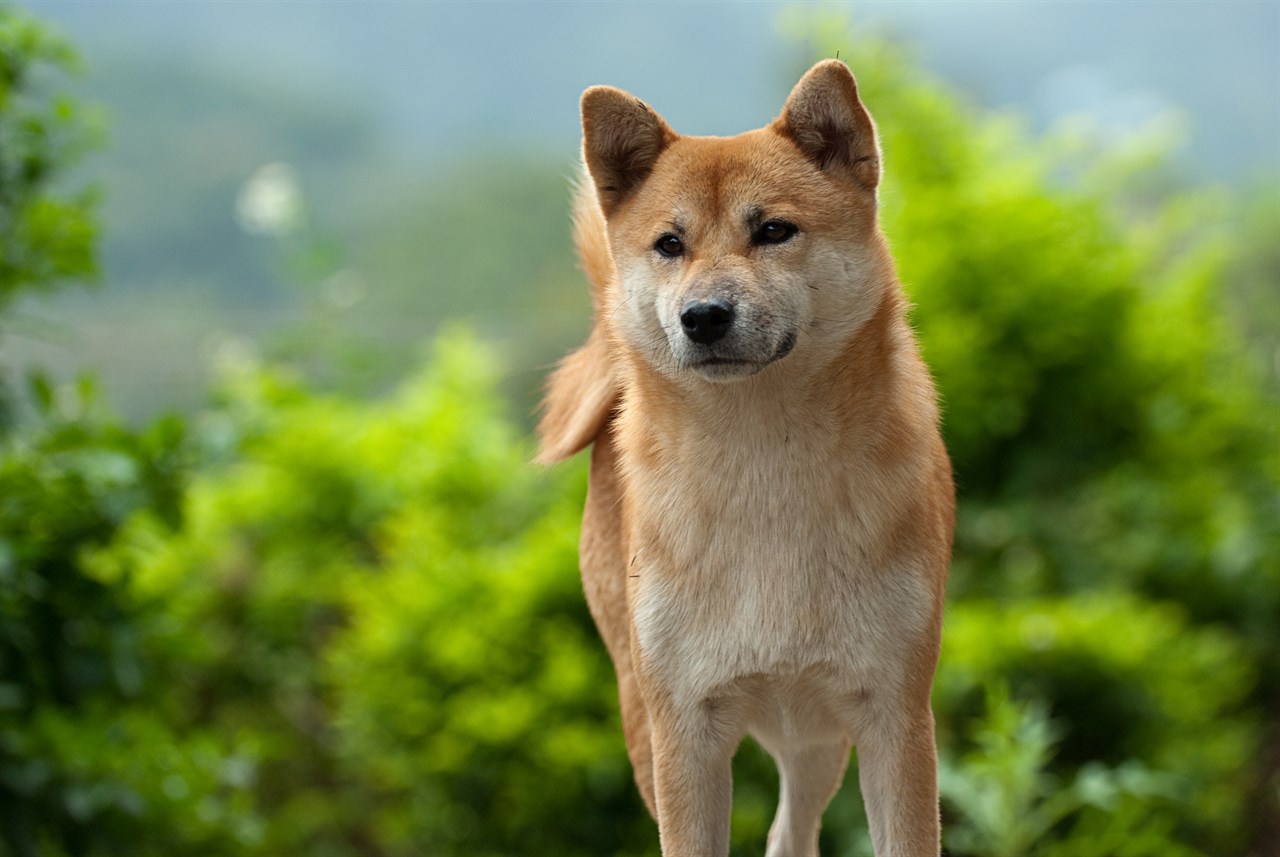Feeding Your Shiba Inu: Nutrition and Dietary Considerations

Proper nutrition is a cornerstone of your Shiba Inu's health and well-being. Understanding their feeding habits and food requirements is essential for keeping them happy and healthy throughout their life.
Feeding Habits
Shiba Inus, like many dogs, can be enthusiastic eaters. However, they also have their unique feeding habits and preferences:
- Moderate Appetite: Shiba Inus tend to have a moderate appetite, and they are generally not prone to overeating. However, it's essential to monitor their food intake to maintain a healthy weight.
- Picky Eaters: Some Shiba Inus can be picky eaters, so finding a high-quality dog food that they enjoy is crucial. Experimenting with different flavours and types of food may be necessary to discover their preferences.
- Scheduled Meals: Establishing a regular feeding schedule is beneficial for your Shiba Inu. Most experts recommend feeding adult Shiba Inus two meals a day, spaced evenly, to help maintain energy levels and prevent overeating.
- Water Intake: Ensure that your Shiba Inu has access to clean, fresh water at all times. Proper hydration is essential for their health.
Food Requirements
To provide the best nutrition for your Shiba Inu, consider the following food requirements:
- High-Quality Dog Food: Choose a high-quality commercial dog food that meets the specific nutritional needs of your Shiba Inu's life stage (puppy, adult, senior). Look for foods that list meat or meat meal as the first ingredient and avoid fillers and artificial additives.
- Protein: Shiba Inus benefit from a diet that contains a moderate to high protein content, which supports their muscle development and overall health.
- Fat: Ensure that the dog food provides a healthy balance of fats, including essential fatty acids like omega-3 and omega-6, to support skin and coat health.
- Fibre: Adequate fibre helps with digestion. Look for a dog food that includes digestible sources of fibre, such as brown rice or sweet potatoes.
- Avoid Allergens: Some Shiba Inus may have food allergies or sensitivities. If you notice signs of allergies (itching, digestive issues), consult with your veterinarian to determine the cause and make appropriate dietary changes.
- Portion Control: Pay attention to portion control to prevent overfeeding and maintain a healthy weight. Your veterinarian can help determine the right portion size based on your Shiba Inu's age, activity level, and specific nutritional needs.
- Treats and Snacks: Limit treats and snacks to prevent excess calorie intake. Choose healthy, low-calorie treats for training and occasional rewards.
Dietary Changes
When transitioning your Shiba Inu to a new food or making any dietary changes, do so gradually to avoid digestive upset. Mix a small amount of the new food with the old food, gradually increasing the new food's proportion over several days until the transition is complete.
Special Dietary Considerations
Shiba Inus may have specific dietary needs or restrictions based on their age, activity level, and health. Consult with your veterinarian to determine the best diet and feeding plan for your individual Shiba Inu. Regular check-ups with the vet can also help ensure that your Shiba Inu maintains a healthy weight and overall well-being.
In summary, providing proper nutrition and meeting the dietary requirements of your Shiba Inu is essential for their health and longevity. By selecting high-quality dog food, monitoring portion sizes, and consulting with your veterinarian, you can ensure that your Shiba Inu receives the best nutrition to thrive.
Shiba Inu puppies for sale
- Find Shiba Inu puppies for sale in ACT
- Find Shiba Inu puppies for sale in NSW
- Find Shiba Inu puppies for sale in NT
- Find Shiba Inu puppies for sale in QLD
- Find Shiba Inu puppies for sale in SA
- Find Shiba Inu puppies for sale in TAS
- Find Shiba Inu puppies for sale in VIC
- Find Shiba Inu puppies for sale in WA